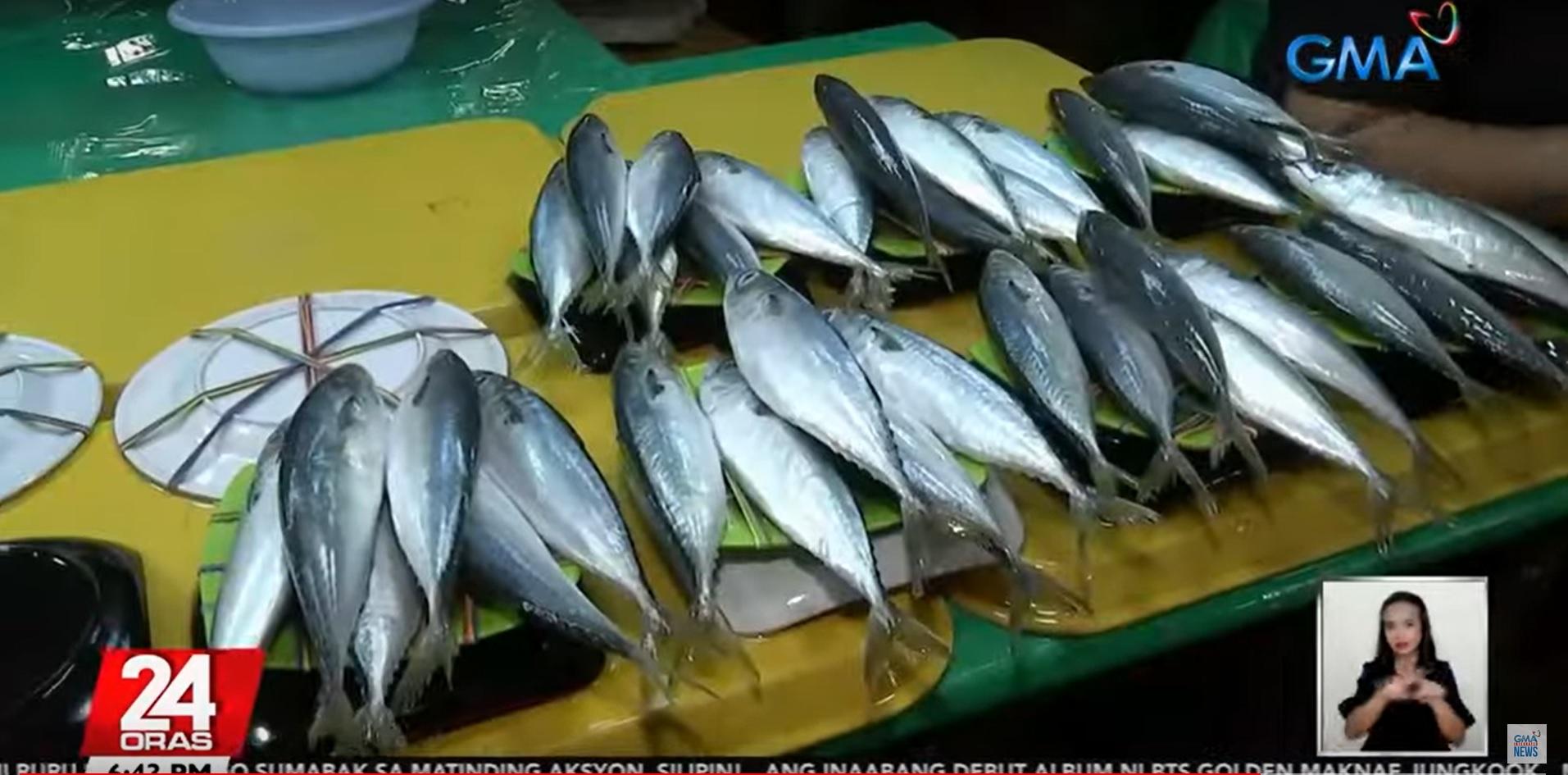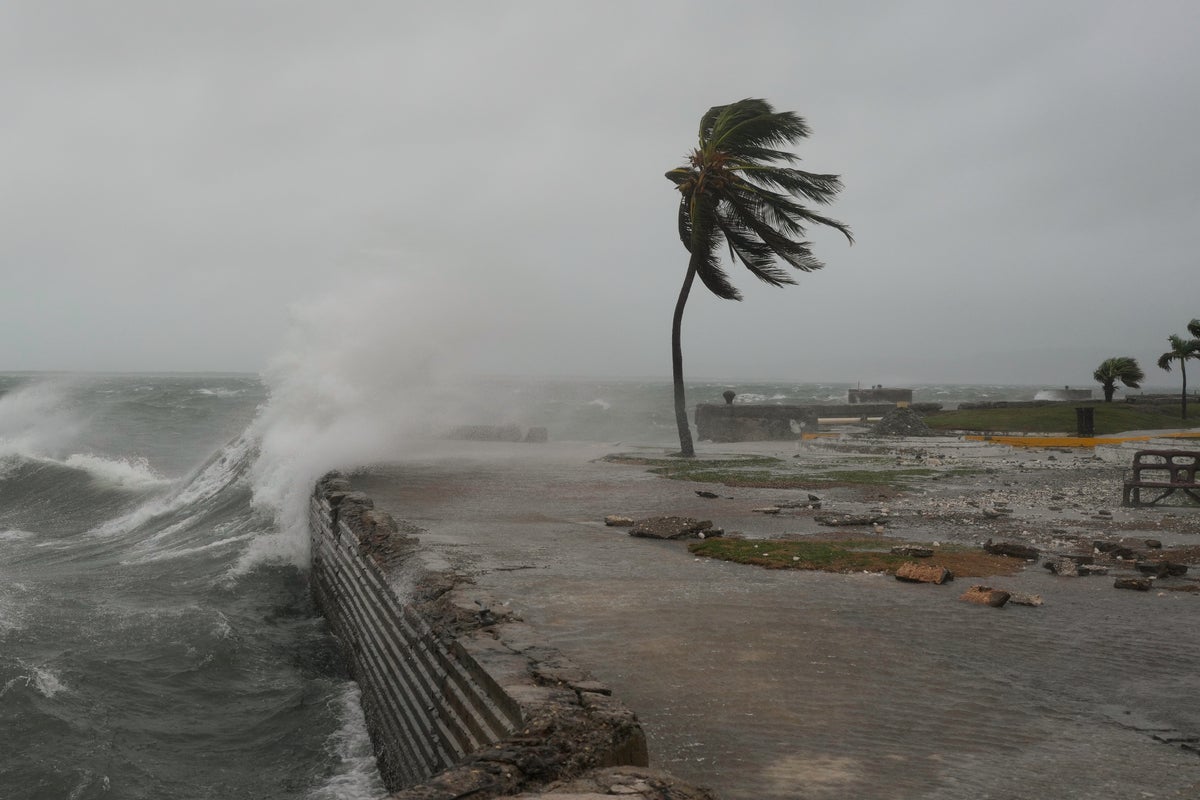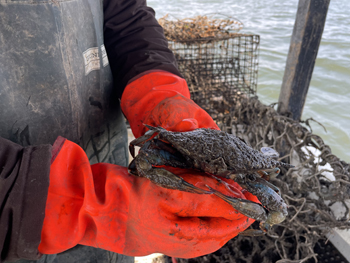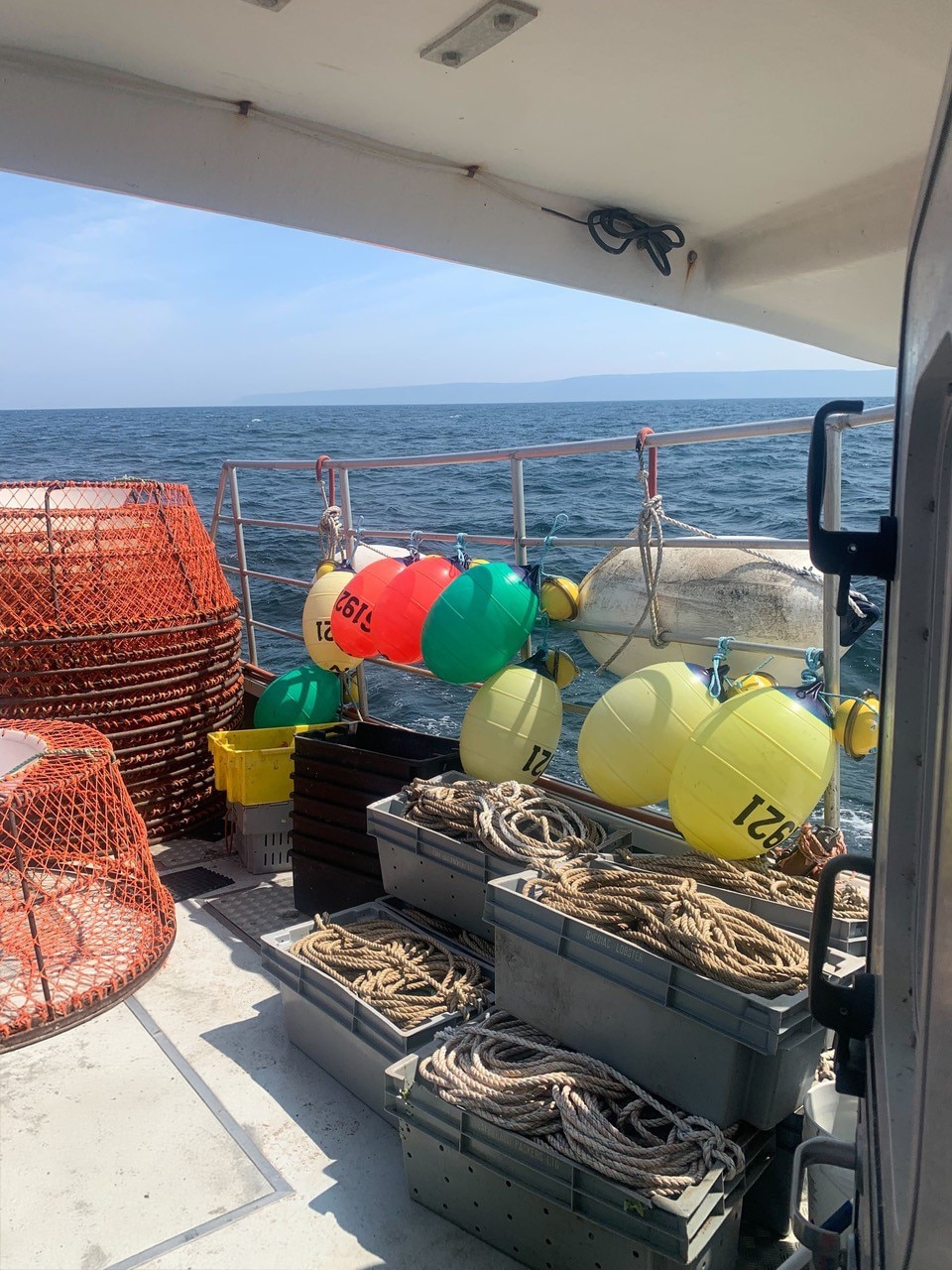Greece condemns Turkey’s marine parks as ‘unacceptable, unilateral and illegal’ – eKathimerini.com
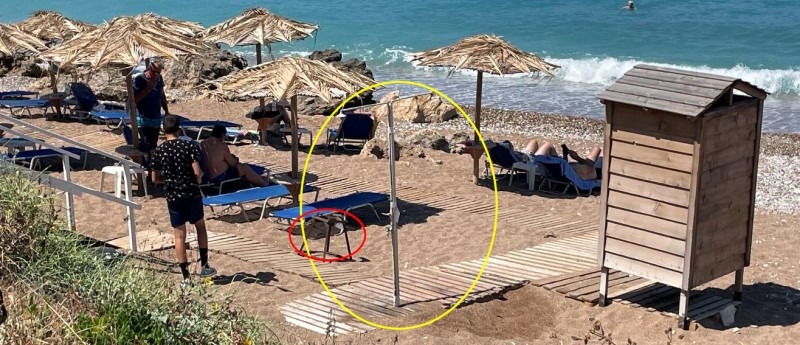
Report on Geopolitical Tensions and Sustainable Development Goal 14 in the Aegean and Eastern Mediterranean
Executive Summary
A recent announcement by Turkey regarding the designation of marine parks in the Aegean and Eastern Mediterranean has been met with a formal denunciation by Greece, which has labeled the move a violation of international law. This dispute over environmental conservation initiatives highlights significant challenges to the achievement of multiple Sustainable Development Goals (SDGs), particularly SDG 14 (Life Below Water), SDG 16 (Peace, Justice and Strong Institutions), and SDG 17 (Partnerships for the Goals). While the establishment of marine parks is a key target for SDG 14, the unilateral nature of the action undermines regional stability and the cooperative frameworks essential for sustainable development.
Contested Marine Park Designations and SDG 14 (Life Below Water)
The establishment of marine protected areas is a critical component of SDG 14, which aims to conserve and sustainably use marine resources. Both Greece and Turkey have recently announced plans for such parks. However, the current dispute demonstrates how geopolitical conflict can impede progress toward this environmental goal.
- Unilateral Actions: Turkey’s declaration to create marine parks in areas beyond its demarcated territorial waters is viewed by Greece as a unilateral move that disregards established international norms.
- Competing Initiatives: The Turkish announcement follows Greece’s own unveiling of marine parks in the Aegean and Ionian Seas in the preceding month.
- Impact on Conservation: The lack of coordination and mutual agreement jeopardizes the ecological effectiveness of these parks, which is a core tenet for successfully achieving the conservation targets of SDG 14.
Implications for SDG 16 (Peace, Justice and Strong Institutions)
The Greek Foreign Ministry’s response underscores the conflict’s direct impact on SDG 16, which promotes peaceful societies and access to justice through effective, accountable, and inclusive institutions at all levels. The dispute challenges the very foundations of international law and regional peace.
- Violation of International Law: Greece asserts that Turkey’s plan is an “unacceptable, unilateral and illegal” move that demonstrates a “complete disregard for the international law of the sea.”
- Dispute over Sovereignty: The Greek government has stated that the declaration “has no legal effect on Greece’s sovereign rights,” highlighting a fundamental disagreement over maritime jurisdiction. The proposed Turkish parks are located in contested areas, including a zone between Samothrace and Lemnos and an area in the Eastern Mediterranean that does not account for the Greek island of Kastellorizo.
- Risk to Neighborly Relations: The Greek ministry warned that such “reflexive and meaningless actions put good neighbourly relations at risk,” directly conflicting with the SDG 16 objective of fostering stable and peaceful societies.
Challenges to SDG 17 (Partnerships for the Goals)
This incident serves as a case study in the failure to leverage partnerships, a cornerstone of SDG 17. The sustainable management of shared marine ecosystems like the Aegean and Eastern Mediterranean inherently requires bilateral and regional cooperation.
- Lack of Cooperation: The unilateral declarations from both sides, rather than a coordinated joint initiative, run counter to the collaborative spirit of SDG 17.
- Erosion of Trust: The current diplomatic friction erodes the trust necessary for future partnerships on environmental and other cross-border issues.
- Ineffective Outcomes: Without partnership, conservation efforts in a shared sea are likely to be fragmented and less effective, ultimately failing to deliver the intended benefits for marine biodiversity and sustainable development for the entire region.
Relevant Sustainable Development Goals (SDGs)
-
SDG 14: Life Below Water
- The article’s central theme is the designation of “marine parks” by both Greece and Turkey. Marine parks are a tool for the conservation and sustainable use of oceans and marine resources, which is the core objective of SDG 14. The dispute revolves around the protection of marine ecosystems in the Aegean and Eastern Mediterranean.
-
SDG 16: Peace, Justice and Strong Institutions
- The conflict described is fundamentally a legal and political one. Greece denounces Turkey’s move as “unilateral and illegal,” claiming it “violates international law” and has “no legal effect on Greece’s sovereign rights.” This directly relates to the principles of promoting the rule of law at the international level and ensuring peaceful relations between states, which are key components of SDG 16.
-
SDG 17: Partnerships for the Goals
- The article highlights a breakdown in cooperation between two neighboring countries. The Greek Foreign Ministry states that Turkey’s “reflexive and meaningless actions put good neighbourly relations at risk.” This unilateral approach is contrary to the spirit of partnership and policy coherence needed to achieve sustainable development, particularly for shared resources like the seas.
Specific SDG Targets
-
Target 14.5: By 2020, conserve at least 10 per cent of coastal and marine areas, consistent with national and international law and based on the best available scientific information.
- The article explicitly discusses the creation of “marine parks” by both Turkey and Greece. These parks are a form of marine protected area, directly contributing to the goal of conserving coastal and marine areas. The dispute, however, highlights the challenge of doing so “consistent with national and international law.”
-
Target 14.c: Enhance the conservation and sustainable use of oceans and their resources by implementing international law as reflected in the United Nations Convention on the Law of the Sea.
- The entire basis of Greece’s complaint is that Turkey’s action “violates international law” and shows a “complete disregard for the international law of the sea.” This target is directly relevant as the conflict stems from differing interpretations and alleged non-compliance with the legal frameworks governing oceans.
-
Target 16.3: Promote the rule of law at the national and international levels and ensure equal access to justice for all.
- The article focuses on the legality of the actions taken. Phrases like “unacceptable, unilateral and illegal,” “violates international law,” and “has no legal effect” all point to a dispute over the application of the rule of law at the international level between the two nations.
-
Target 17.14: Enhance policy coherence for sustainable development.
- The unilateral and conflicting announcements by Turkey and Greece regarding marine parks in overlapping or adjacent areas demonstrate a significant lack of policy coherence. Instead of a coordinated regional approach to marine conservation, the actions are creating geopolitical friction, undermining the effectiveness of the conservation efforts themselves.
Implied Indicators for Measurement
-
Indicator 14.5.1: Coverage of protected areas in relation to marine areas.
- The article directly implies this indicator by discussing the creation and designation of “marine parks.” The maps mentioned, showing the park extending “west of the islands of Imbros (Gökçeada) and Tenedos (Bozcaada)” and another beginning “northeast of Rhodes,” refer to the geographical coverage of these proposed protected areas.
-
Indicator 14.c.1: Number of countries making progress in ratifying, accepting and implementing through legal, policy and institutional frameworks, ocean-related instruments that implement international law.
- The article implies a negative status for this indicator between the two countries. The dispute over whether the designation of marine parks is “illegal” and violates the “international law of the sea” suggests a failure or disagreement in the implementation of these legal frameworks.
-
Existence of international disputes over legal frameworks (related to Target 16.3).
- While not a formal UN indicator, the existence of the dispute itself serves as a qualitative indicator of a breakdown in the international rule of law between the parties. The Greek Foreign Ministry’s official statement denouncing Turkey’s move is a clear data point indicating a formal dispute over the application of international law.
Summary Table of SDGs, Targets, and Indicators
| SDGs | Targets | Indicators Identified in Article |
|---|---|---|
| SDG 14: Life Below Water | 14.5: Conserve at least 10% of coastal and marine areas.
14.c: Implement international law for the conservation and sustainable use of oceans. |
(Implied for 14.5.1) The creation and geographical extent of “marine parks” in the Aegean and Eastern Mediterranean.
(Implied for 14.c.1) The dispute over the legality and compliance with the “international law of the sea.” |
| SDG 16: Peace, Justice and Strong Institutions | 16.3: Promote the rule of law at the national and international levels. | (Qualitative) The official denouncement of Turkey’s move as “illegal” and a violation of “international law,” indicating a breakdown in the rule of law between the states. |
| SDG 17: Partnerships for the Goals | 17.14: Enhance policy coherence for sustainable development. | (Qualitative) The “unilateral” actions and the risk to “good neighbourly relations” demonstrate a lack of policy coherence and partnership for managing shared marine ecosystems. |
Source: ekathimerini.com

What is Your Reaction?
 Like
0
Like
0
 Dislike
0
Dislike
0
 Love
0
Love
0
 Funny
0
Funny
0
 Angry
0
Angry
0
 Sad
0
Sad
0
 Wow
0
Wow
0













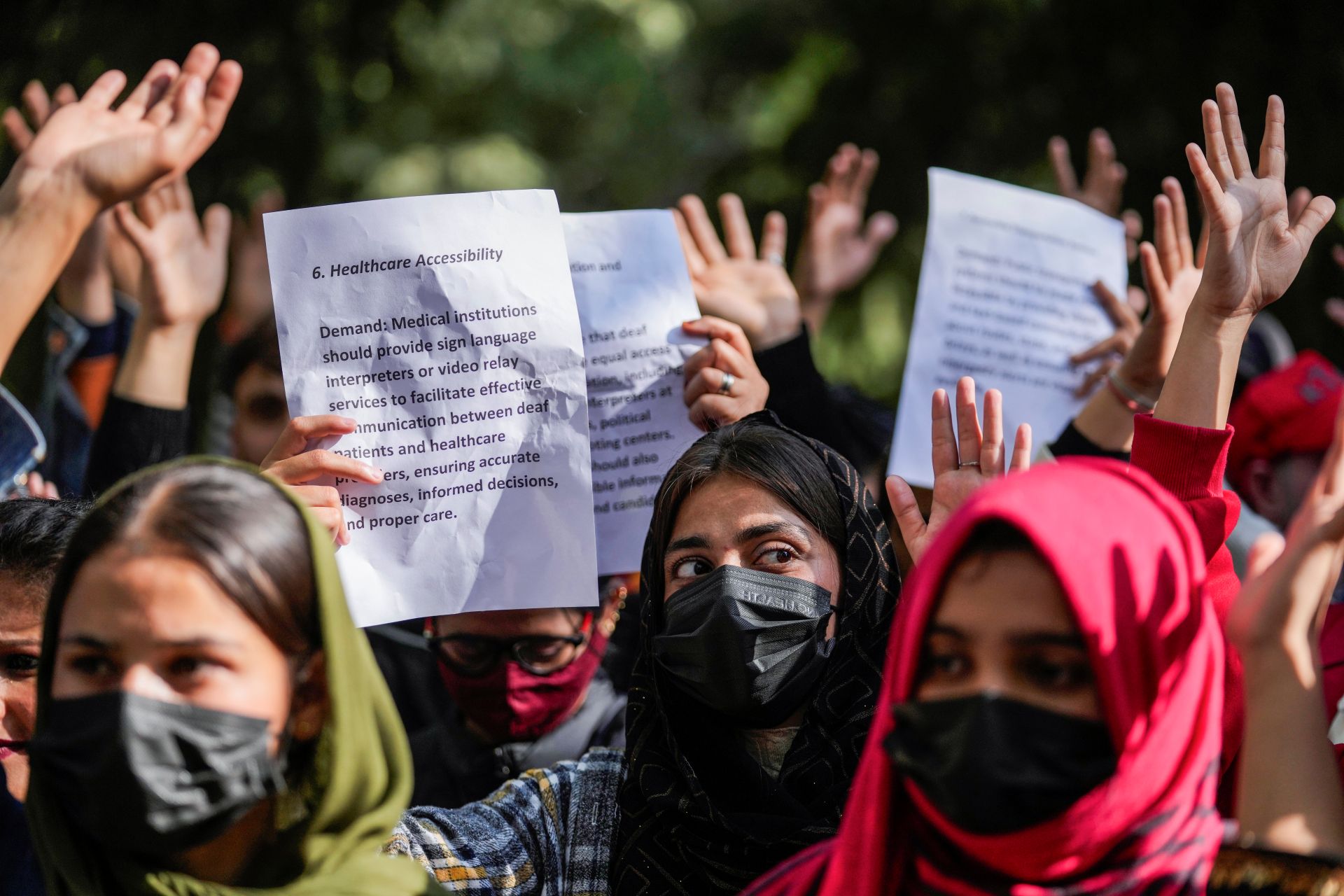













;Resize=805#)







